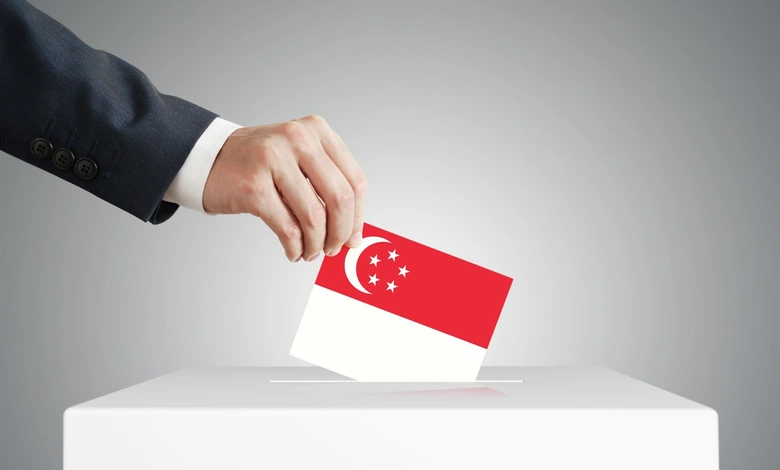Singapore Gears Up for Elections as Parliament Dissolves

Singapore’s parliament was disbanded on Tuesday, setting the stage for general elections where the People’s Action Party (PAP), in power since the nation’s 1965 independence, aims to reinforce its grip under Prime Minister Lawrence Wong.
The Elections Department is slated to announce the election date later today. The PAP, which has ruled uninterrupted for decades, is poised for another victory. However, Wong, who became Singapore’s fourth prime minister in May last year, is pushing for a more decisive mandate following the party’s weaker showing in the 2020 elections, when voter frustration surfaced.
Wong took over from Lee Hsien Loong, who led for 20 years, ending a family legacy begun by his father, Lee Kuan Yew. Lee Kuan Yew, Singapore’s founding leader, transformed the former colonial port into a global economic powerhouse over his 31-year tenure.
In the 2020 elections, held amid the COVID-19 crisis, the PAP secured 83 of 93 parliamentary seats, retaining its supermajority. Still, the opposition gained ground, increasing its seats from six to 10 a historic high while the PAP’s popular vote dropped to 61%, close to its lowest ever.
Leading into his first election as PAP leader, Wong has focused on engaging younger voters who feel disconnected. His “Forward Singapore” initiative seeks public input to craft a more inclusive and dynamic vision for the country’s future.
The PAP plans to introduce over 30 new candidates to rejuvenate its ranks. Wong has emphasized the importance of steady leadership in turbulent times, particularly as U.S. tariffs disrupt global trade. “The biggest contest we face isn’t between political parties, it’s Singapore vs. the world,” he wrote on Facebook this week, underscoring the need to maintain Singapore as a beacon of stability and progress.
Despite Singapore’s prosperity as one of the world’s richest nations, it grapples with challenges like high living costs, making it one of the priciest cities globally. Critics have pointed to the PAP’s tight control, media restrictions, and laws targeting dissenters. Rising income inequality, unaffordable housing, immigration-driven overcrowding, and limits on free expression have also weakened the party’s dominance.
